
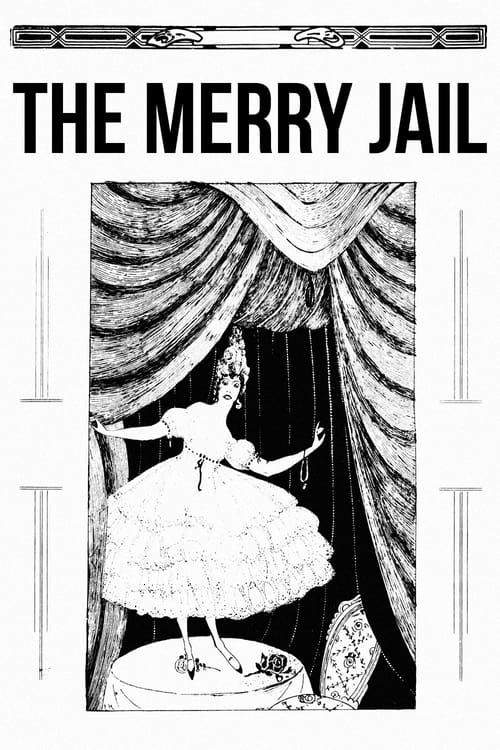
6.4
Summary
A neglected wife disguises herself in order to lure her wastrel husband into a compromising position.
Cast
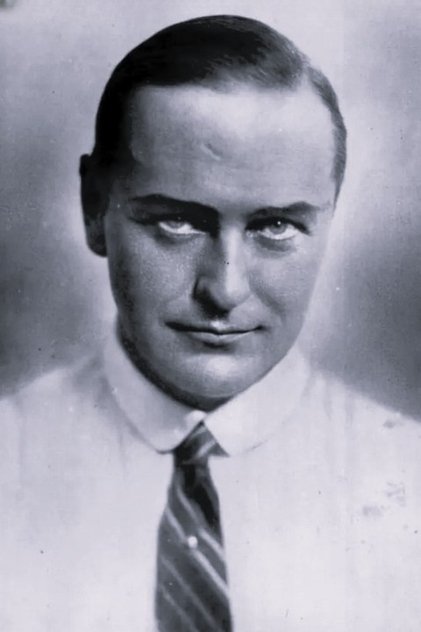
Harry Liedtke
Alex von Reizenstein
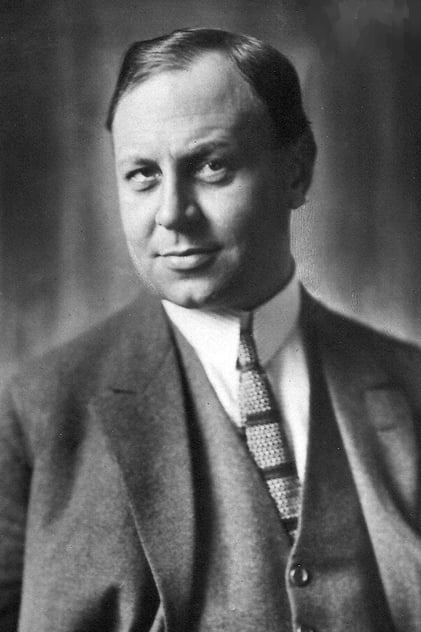
Emil Jannings
Quabbe - der Gaoler
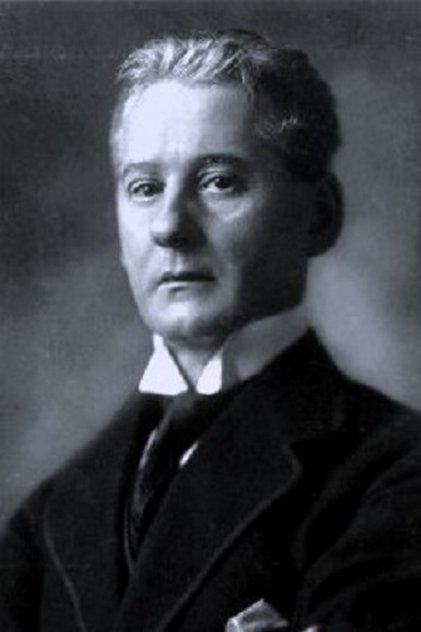
Paul Biensfeldt
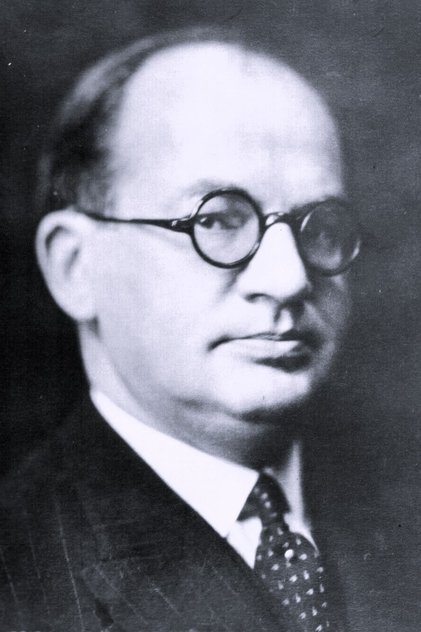
Erich Schönfelder
Egon Storch
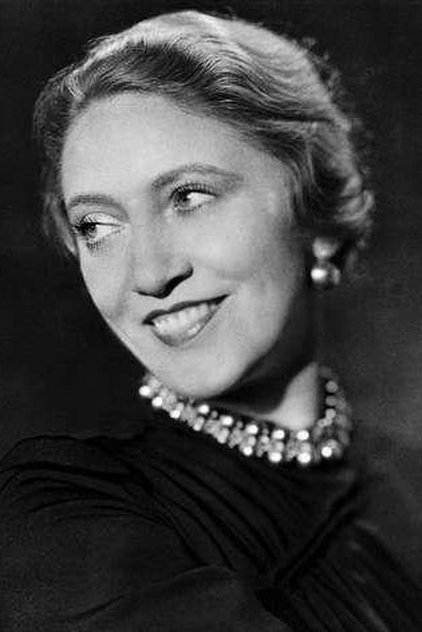
Käthe Dorsch
Kitty Dewall
Alice von Reizenstein
Agda Nilsson
Mizi - die Magd
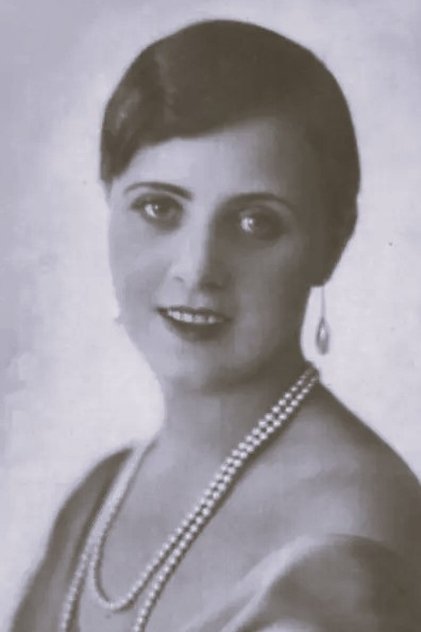
Ossi Oswalda
Crew
Director, Writer
Ernst Lubitsch
Story
Richard Genée
Story
Karl Haffner
Reviews
germish
January 29, 2013
10
The Merry Jail or Das fidele Gefängnis (1917) is one of the early films of Ernst Lubitsch. A light comedy, based on Strauss's operetta 'Die Fledermaus', about a rich couple and their maid in a gay Berlin of endless parties and ceremonies. It is also one of early films of Emil Jannings in the role of a nutty prison guard. The 25 year old Lubitsch portrays one his first and most original conceptions of marriage and women in a manner that is certainly years ahead of its time. And that's why I get disappointed when I didn't find this film among Kristin Thompson's selected titles to examine Lubitsch's career and his influence on Hollywood in her fantastic book, "Herr Lubitsch Goes to Hollywood".
There are numerous scenes with unforgettable technical creativity. For example an excellent shot from the first act (part) of the film which exhibits the thing known as "Lubitsch touch"; The wife receives a warrant from police about her husband and his scandalous behavior in a previous night party and while she is discussing the possible misunderstanding on the phone, the camera goes down and shows the drunkard husband, sleeping on the floor. Don't forget we are in 1917!
Lubitsch's storytelling imply one of the most intelligent cameras in history of motion pictures. She is a character and a witty analyzer of relationship between characters and architecture (rooms, stairs and mainly doors), and characters and objects.
The camera treats everybody equally. Most evident in the scene when everybody is going to a party (without knowing of other one). Each of these characters has his or her reason - and usually a lecherous one - but Lubitsch use the same mise-en-scene for cheating husband, unfaithful maid, clever wife and old gigolo as you see in shots below.
Lubitsch ("the greatest technician in American cinema after Griffith", says Gerald Mast) is using all kinds of new montage tricks - simultaneously with D. W. Griffith, but he use these techniques with such charm that make them almost invisible to the eye of the audience or even an inattentive historian.
For traditional historians, influences of German cinema limits to names like Murnau or Lang, but with Lubitsch you can see the real Hollywood; the Hollywood that was making salable fantasy out of the most complicated and occasionally painful passages of human life; exactly the same way Lubitsch was doing back in 1917.
-- written by: _**Ehsan Khoshbakht**_ --
Media
Status:
Released
Original Language:
Budget:
$0.00
Revenue:
$0.00
Keywords
Recommendations
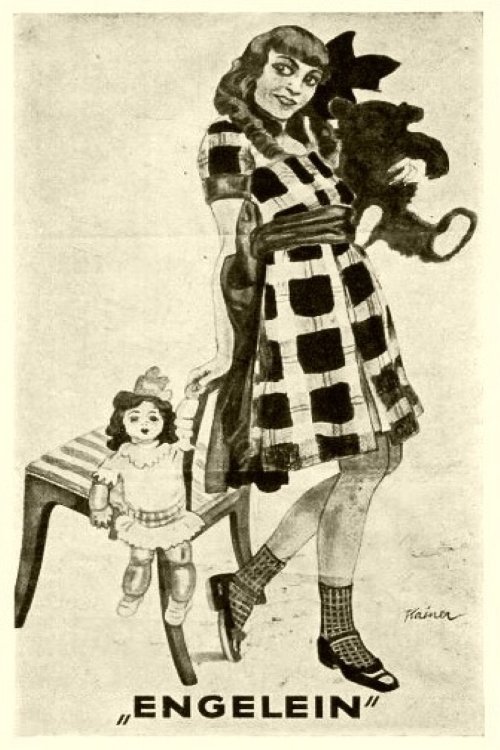
Little Angel

All Monsters Attack
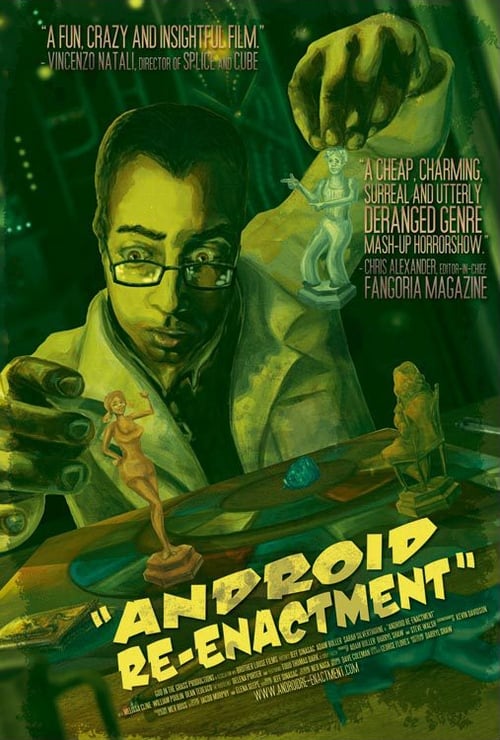
Android Re-Enactment
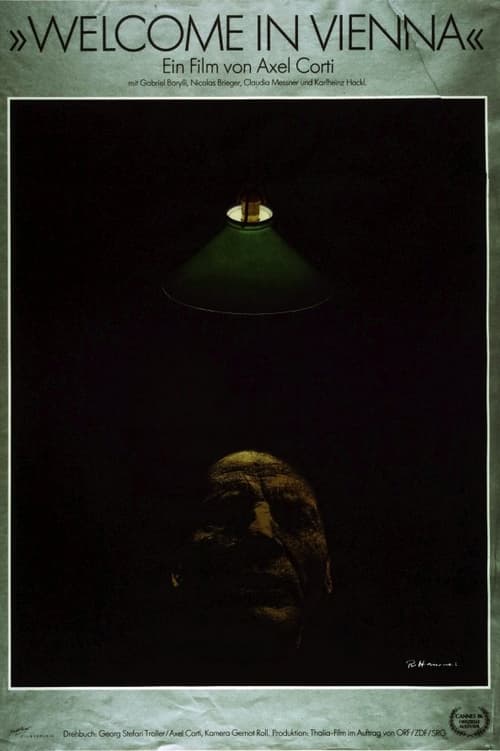
Welcome in Vienna

Go
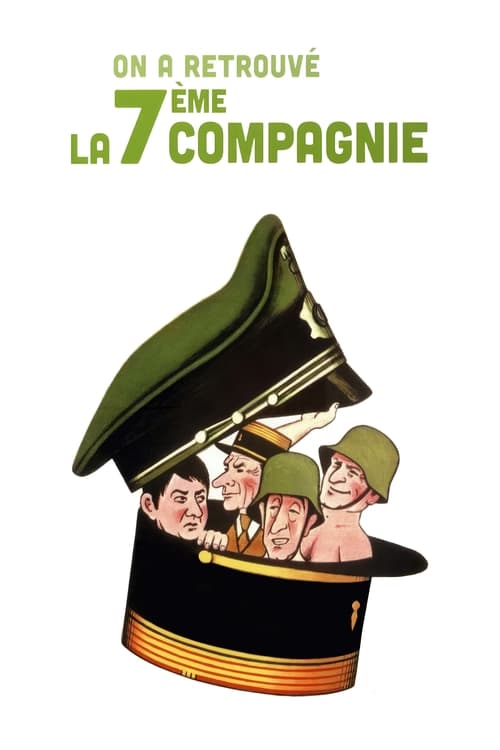
The Seventh Company Has Been Found
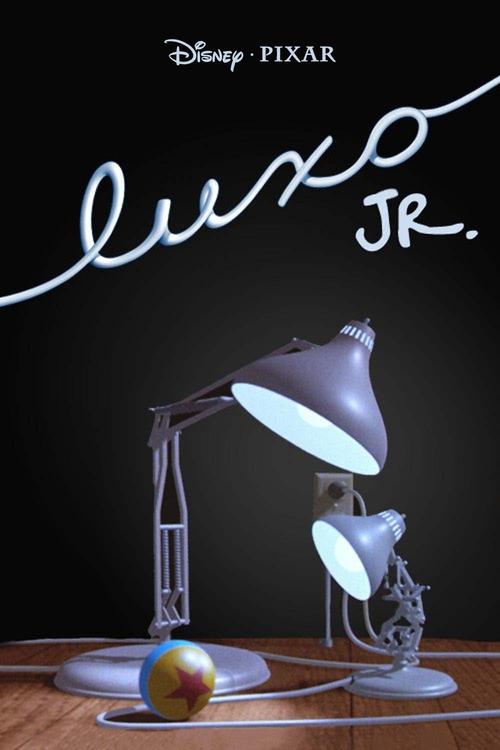
Luxo Jr.

Frosty Returns
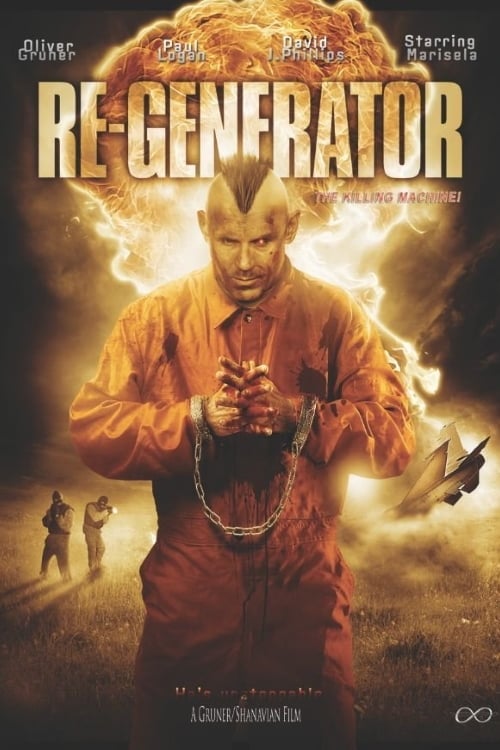
Re-Generator

My Worst Nightmare
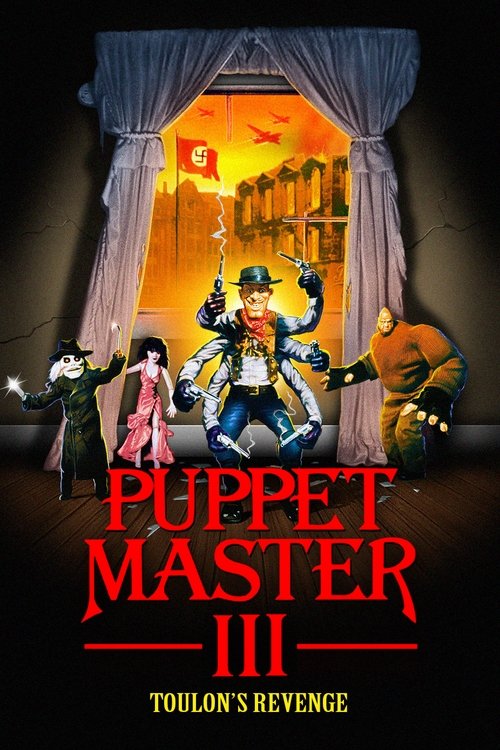
Puppet Master III

Bat
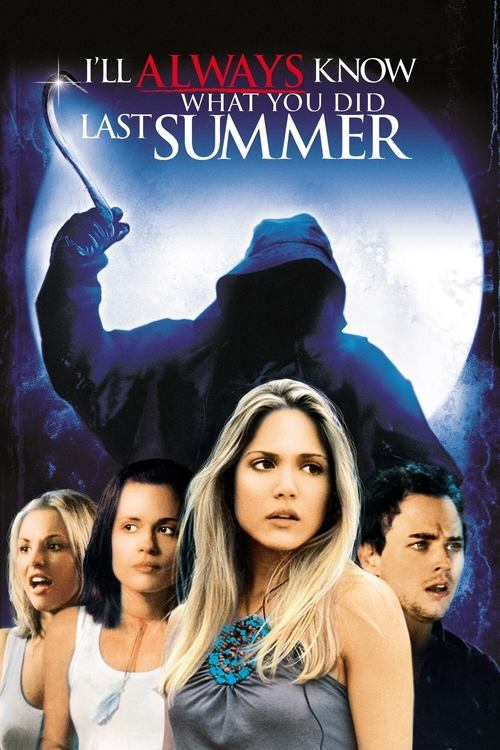
I'll Always Know What You Did Last Summer
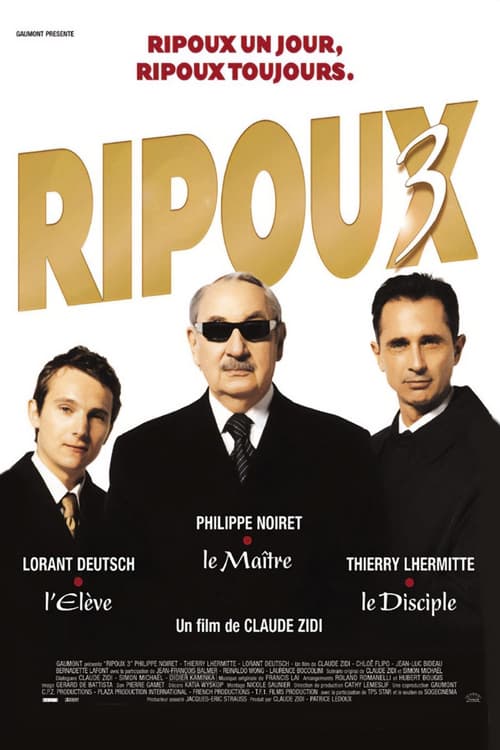
My New Partner III

Inuyasha the Movie 4: Fire on the Mystic Island

Go! The Unforgettable Party
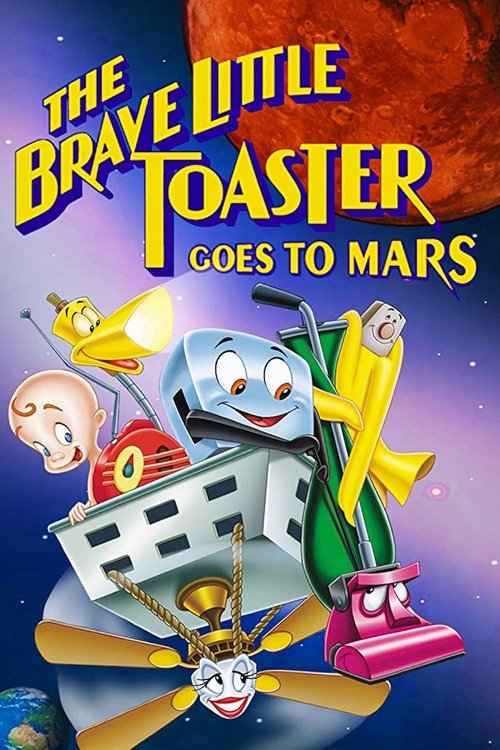
The Brave Little Toaster Goes to Mars

LEGO Scooby-Doo! Knight Time Terror
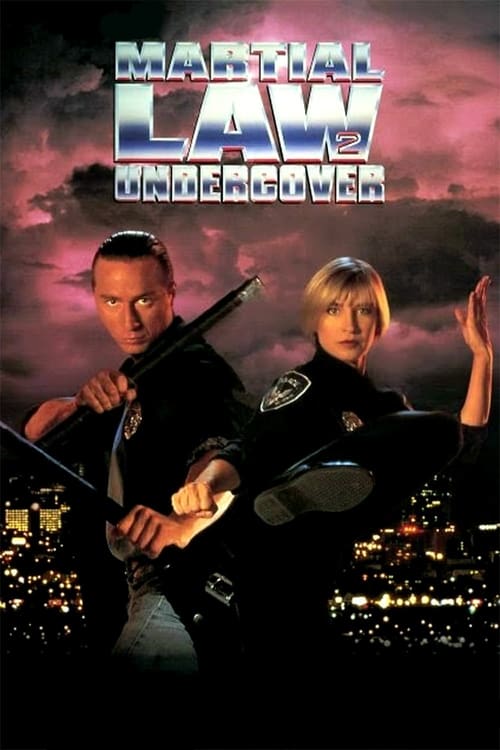
Martial Law II: Undercover
